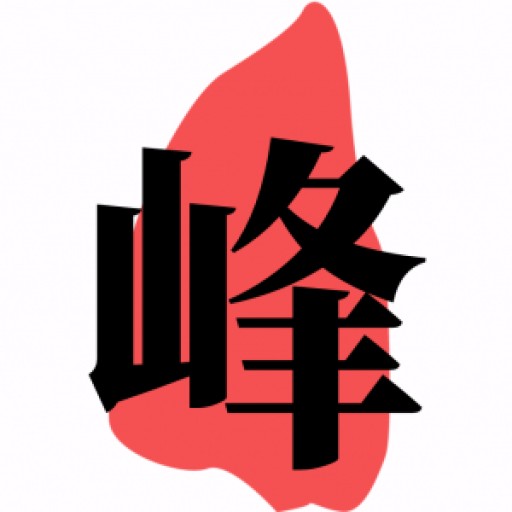Xinchi 外语
一般将来时的结构和用法
一、一般将来时的结构
shall/will + 动词原形(shall 用于第一人称;will 用于第二、三人称,也用于第一人称)
二、一般将来时的用法,详细解释
1. 表示将来会发生的动作或状态
例句:
I shall be late home tonight.(我今晚会晚回家。)
He will graduate from Harvard University next year.(他明年将从哈佛大学毕业。)
2. 表示将来反复发生的动作或习惯性动作
例句:
Spring will come again.(春天会再回来。)
3. 可以使用其他将来时态或结构及其用法来表示一般将来时
be going to + 动词原形:表示“决定、计划要做什么事,或有迹象表明即将发生什么、可能出现的情况,有趋势,注定会,不限于指人的活动”。
例句:
I am going to buy a new coat this winter.(今年我打算买一件新大衣。)
There is going to be a thunder-storm.(将有一场雷暴雨。)
The journey is going to be difficult.(这次旅行将极为艰难。)
be going to 和 will 的比较:
will 表示说话人认为、相信、希望或假定要发生的事情,不含具体时间,可以指遥远的将来。而 be going to 指有迹象表明某事即将发生或肯定会发生,通常表示很快就要发生的事情。
例句:
There is going to be a quarrel between them, I think.(看来两人要发生争吵了。)
He is going to get better.(他的病就要好了。)
be going to 和 will 均可表示“意图”;但事先考虑过的意图用 be going to,未经考虑的意图用 will。
例句:
A: Why have you torn the paper into pieces?
B: I am going to rewrite it.(事先考虑过的)
A: It is really a big stone.
B: I will help you to move it.(未经考虑的)
现在进行时:某些动词的现在进行时可以表示按计划或安排将要发生的事情、预计要发生的事情、或最近将要发生的事情。常用的有:join, play, eat, work, return, take, wear, meet, move, sleep, have, do, stay, arrive, leave, speak, start, come 等。
例句:
We are having a meeting this morning.(我们今天上午要开一个会。)
The plane is taking off at 10.(飞机将于 10 点起飞。)
I'm planting more apple trees in the coming spring.(来年春天我将种植更多的苹果树。)
be + 不定式:
表示计划、安排,或用来征求意见。
例句:
They are to be married in October.(他们打算 10 月结婚。)
Am I to take over his work?(我是不是要接管他的工作?)
表示应该怎么做或应该发生什么,表示情态意义,接近 should、could、must、ought to、have to 等。
例句:
You are not to smoke in the room.(你不可以在房间里抽烟。)(must)
Suppose he comes here, what am I to tell him?(如果他来这里,我该对他说些什么?)(should)
We Chinese people are not to be bullied.(我们中国人是不容欺辱的。)(can)
表示不可避免将要发生的事情、必然要发生的事情、后来将发生的事情。
例句:
Better days are soon to follow.(好日子肯定会很快到来。)
This I was only to hear later.(这事我后来才知道。)
用于 if 条件句,表示“如果想、设想”,相当于 want to、should 等,也可用于带 if 条件句的复合句的主句中。
例句:
If anyone is to hear you, you must speak up.(如果想让大家都听得见,你就必须大声讲。)
be about + 不定式:表示即将发生的动作,句子中不可用表示将来时间的状语。
例句:
Sit down everyone. The film's about to start.(大家坐下,电影马上开始。)
I met her in the doorway just as she was about to go away.(她正要离开时,我在门口遇见了她。)
一般现在时:be 动词以及 come、go、begin、leave、sail、arrive、return、start、stop、end、open、stay 等的一般现在时可以表示将来时间,指根据规定预计要发生的动作或事态。
例句:
We have dinner with the Smiths on Friday.(我们星期五将同史密斯夫妇一起吃饭。)
on the point/verge/eve/brink of:表示即将发生的事情。
例句:
He is on the point of making a round-the-world tour.(他即将去周游世界。)
The country is on the brink of disaster.(那个国家正处于灾难的边缘。)

